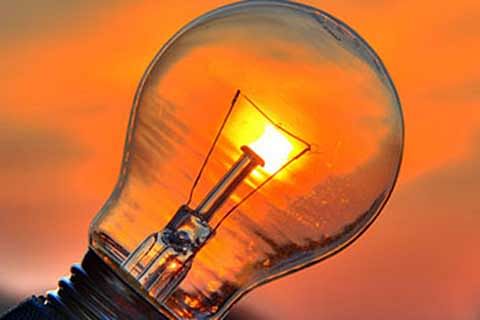After the central government’s decision to privatize power in J&K, an engineers’ body here has said that the move would burden consumers as the rate per unit will go up to Rs 8 from the current Rs 2 to 3.
The Jammu and Kashmir Electrical Engineer Graduates’ Union (JKEEGA) in collaboration with a national-level engineers’ body has come up with a report analysing the cost of energy post-privatization of DISCOMS.
According to the report, the tariff after privatization would witness a 200 percent hike as the per unit cost for the consumer would be up to Rs 8.
The central government recently decided to privatize the power sector in all the union territories of the country. As Jammu and Kashmir has been downgraded to a union territory following abrogation of its special status, the privatization as per the government’s plan will be effected here too.
“After J&K’s re-organization and its division into two UTs, the unbundling of the Power Development Department (PDD) was among the first steps taken by the central government. After unbundling the government has now decided to privatize the power sector which will have serious ramifications on our economy,” said president, JKEEGA, Munshi Majid.
“The step will hit consumers and traders hard as the private players will increase tariff as per other UTs,” he said.
He said that J&K is a poor region and its consumers will not be able to afford the increased tariff. “The average cost of electricity on all India basis is Rs 6.73 per unit. Under the Companies Act, the private discoms would be entitled to charge 16
per cent profit, which would push the unit cost for the consumer to almost Rs 8,” he said.
“Since, the centre wants to do away with subsidy, the common domestic consumers will have to pay a minimum of Rs 8 per unit,” he added.
“Time and again it has been pointed out by engineers in India as to how the experiments of privatization and franchisee systems in power distribution have failed in Odisha, Delhi, etc,” he said. “Due to privatization, the situation for 2600 power employees and their families will worsen.”
The Centre announced in May that power departments and distribution utilities in Union Territories (UTs) will be privatised. Finance minister Nirmala Sitharaman had then said that the Centre hopes the privatisation of UT discoms will “provide a model for emulation by other utilities across the country”.
The move has already evoked opposition from the All India Power Engineers’ Federation (AIPEF) alleging that the centre is “misleading” the common consumers and farmers on the issue of the privatization of electricity distribution.
According to the report the grouping of UT of J&K in decision implementation vis-à-vis the rest of the Union Territories of India is nothing but “farce” as the population as per Census-2011 of UT of J&K is 3 times the entire populace of all the UTs of India taken together. (Population of UT of J&K: 122.67 lakhs; population of all the UTs combined together: 36.05 lakhs).
The consumer base of UT of J&K is more than double than that of the entire consumer base of all the UTs of India taken together. (Consumer base of UT of J&K is around 23 lakhs whereas the consumer base of all the UTs taken together is around 9 lakhs).
There is no comparison between UT of J&K and all the UTs taken together vis-à-vis the distribution network. Even the high powered Committee constituted by the Union ministry of power has not recommended the privatization of power sector in UT of J&K in the first instance, it said.
The Jammu & Kashmir Power Engineers and Employees Coordination Committee (JKPEECC) while opposing the move has threatened to launch agitation if the government goes ahead with privatization.






